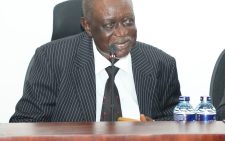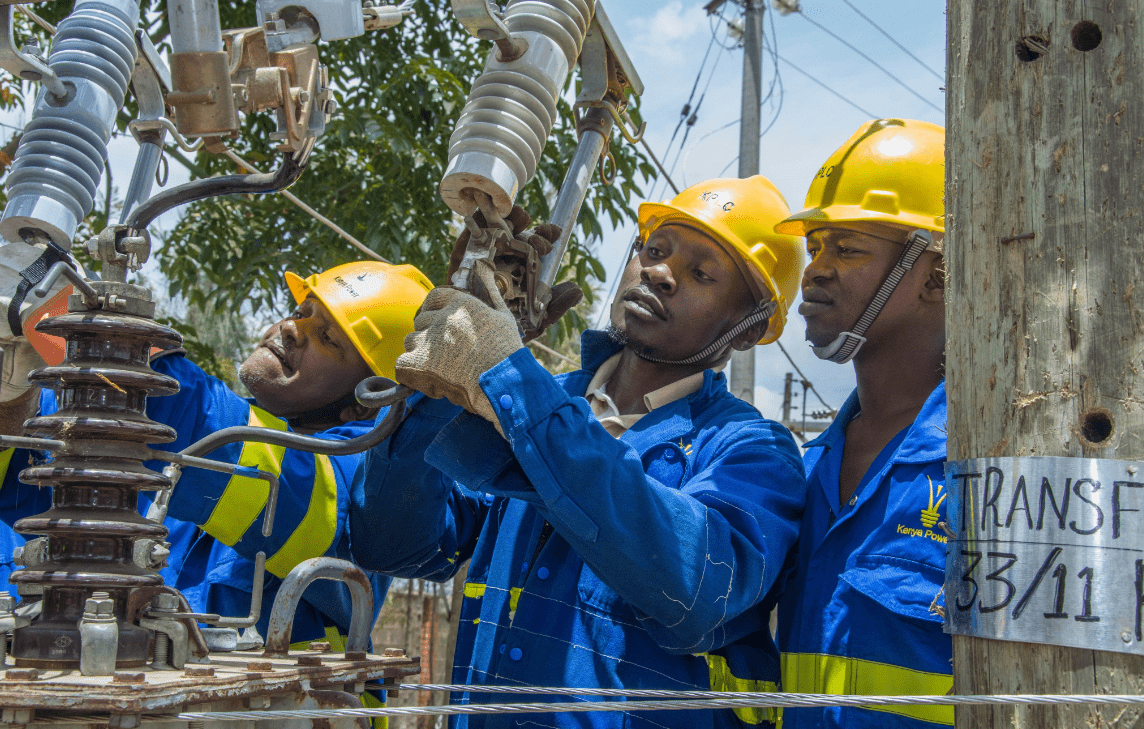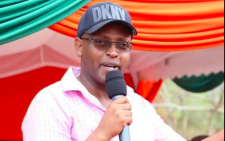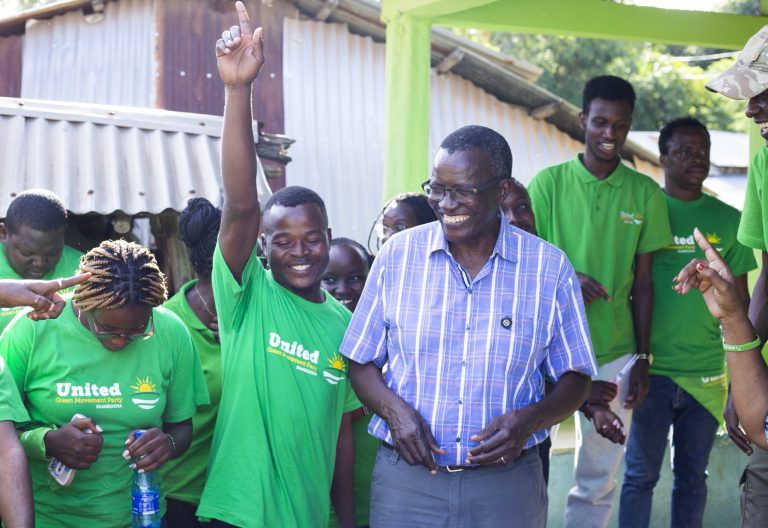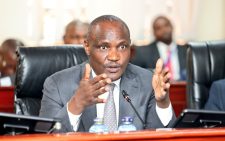A storm brews in power poles business as firms face probe
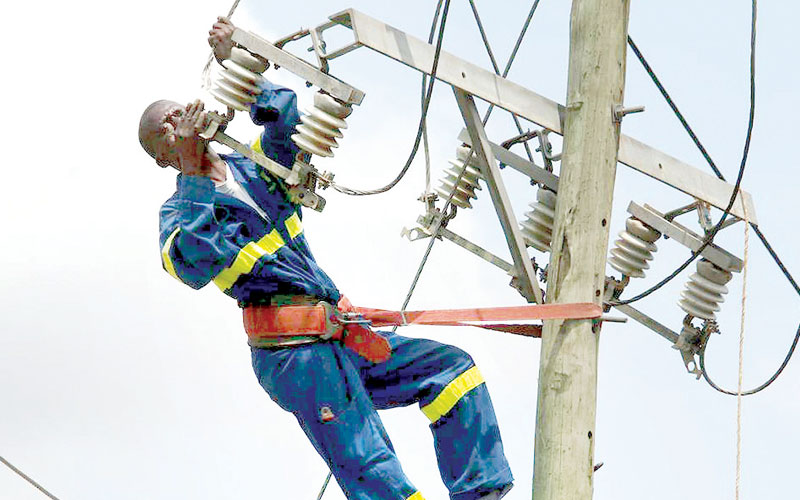
A storm is brewing in the multi-billion-shilling electricity poles business as details emerged of a close-knit group of few firms dominating the supply of the product to Kenya Power.
And an ongoing probe has linked a Cabinet secretary and Kenya Power bosses to the “pole cartel”.
In their investigations, the Competition Authority of Kenya (CAK) and Directorate of Criminal Investigations(DCI) are said to have zeroed in on price-fixing, collusive tendering — a process in which firms agree to share out contracts between themselves and/or to fix the price bids — and cartel-like behaviour in the multi-billion-shilling poles business.
Cartels usually work to increase their collective profits through price-fixing, limiting supply and other restrictive practices.
Some are so organised and vicious that they are not only able to control selling prices but force down the prices of purchased inputs.
Industry insiders say the poles business seem to be the preserve of a few among some 40 local firms involved in the supply of treated wooden and concrete poles, hence the investigations.
Various sectors
When Business Hub contacted the CAK for comment, the regulator declined to confirm the names of the companies being investigated, but only hinted at ongoing investigations in various sectors.
“Competition Authority of Kenya is conducting investigations into various sectors of the economy, including in the electricity supply industry to ensure compliance with the Competition Act. However, given that these investigations are ongoing, it would be prejudicial to discuss the details,” read the short response.
Power sector has seen billions of shillings exchange hands in what has been a heavily-funded nationwide electricity connectivity drive, with a surge in demand for power poles.
Through the heavily-funded Last Mile Connectivity Project (LMCP), the government banked on Kenya Power, the monopoly power utility, to link homes to the national grid under a subsidised programme.
Concrete poles replaced wooden poles most of which were imported as the government intensified connections while upgrading the existing power network to improve quality of electricity.
Players in the sector said the high demand for poles provided fertile ground for graft, with up to 500,000 poles being sought to meet the country’s ambitious electrification programme, turning the value chain into a cash cow for a few well-connected companies.
Speaking to Business Hub on the sidelines of unveiling the new corporate identity for energy sector regulator, Energy and Petroleum Regulatory Authority (EPRA), Energy Cabinet secretary Charles Keter said a team has been working on the tender allegations for the last two weeks.
“I think by next week (last week) they should have done it. They are analysing all of them, and we are doing it one by one,” he said in response to whether he was aware of the probe on cartel-like behaviour in the pole business.
The CS whose docket has experienced a deluge of scams with several parastatals being put on the spot over scandals said he wanted to ensure that none is faulted wrongly.
This investigation comes amid the announcement of yet another tender for the fourth phase of the Last Mile Connectivity Project, late September.
Kenya Power said the project to be conducted from proceeds of Sh22 billion funding by multilateral lenders will target 280,475 customers in 32 counties across the country for a period of three years.
Kenya received the funds from AFD, French Development Agency, European Union and the European Investment Bank and it is expected to usher in another frenzy of pole buying to meet demand.
Tender notice
Kenya Power asked consultants in a tender notice to show their interest in delivering the services as described in the terms of reference.
“Interested consultants must provide information evidencing that they are qualified and experienced to perform those services… Expressions of Interest must be submitted to the address below not later than October 1,” read the notice in part.
“The project involves the electrification of approximately 280,475 customers in 32 counties across the country for a period of three years.”
